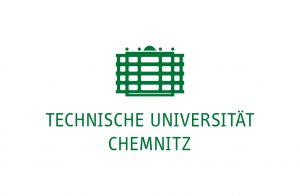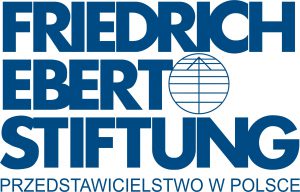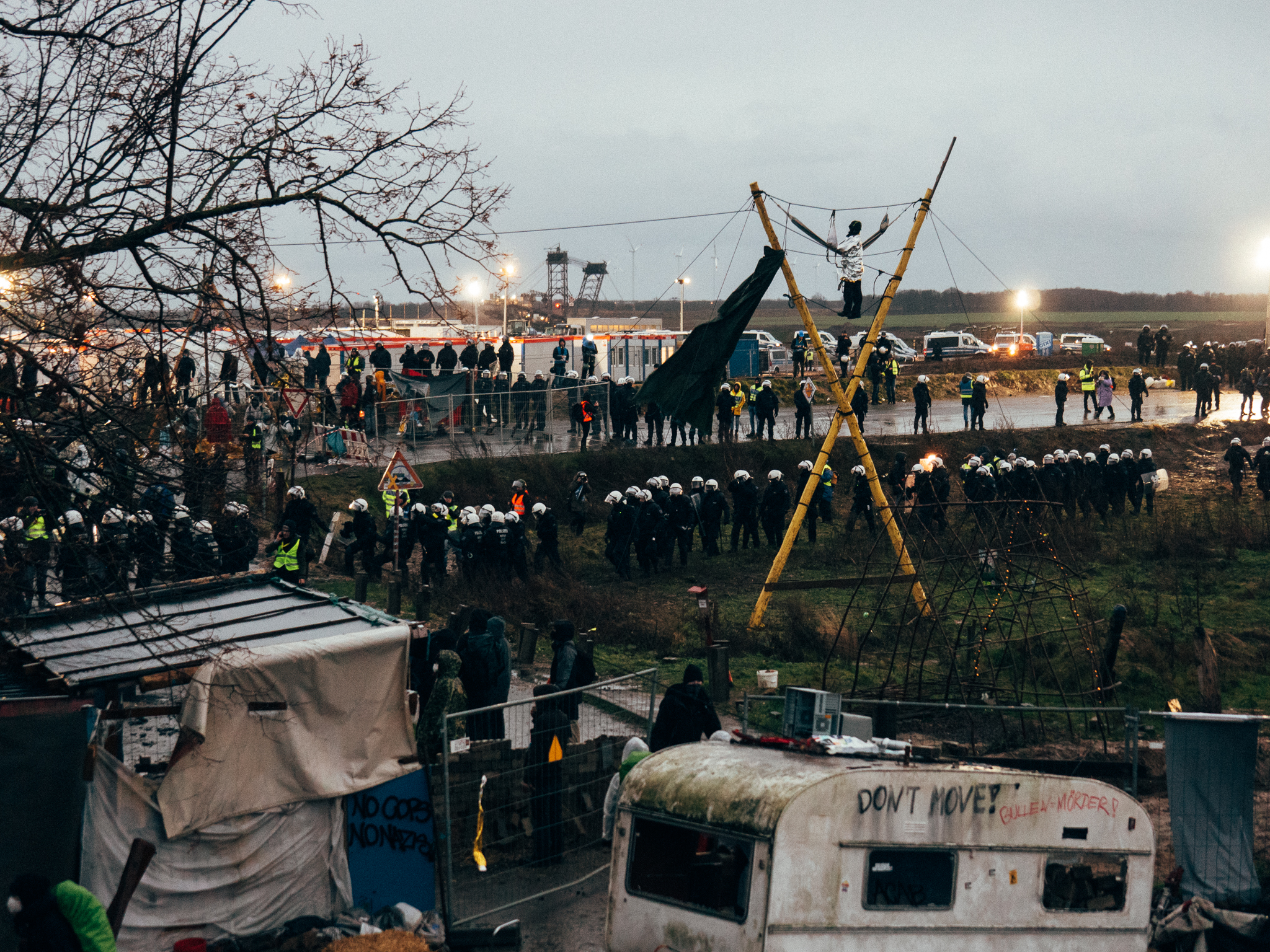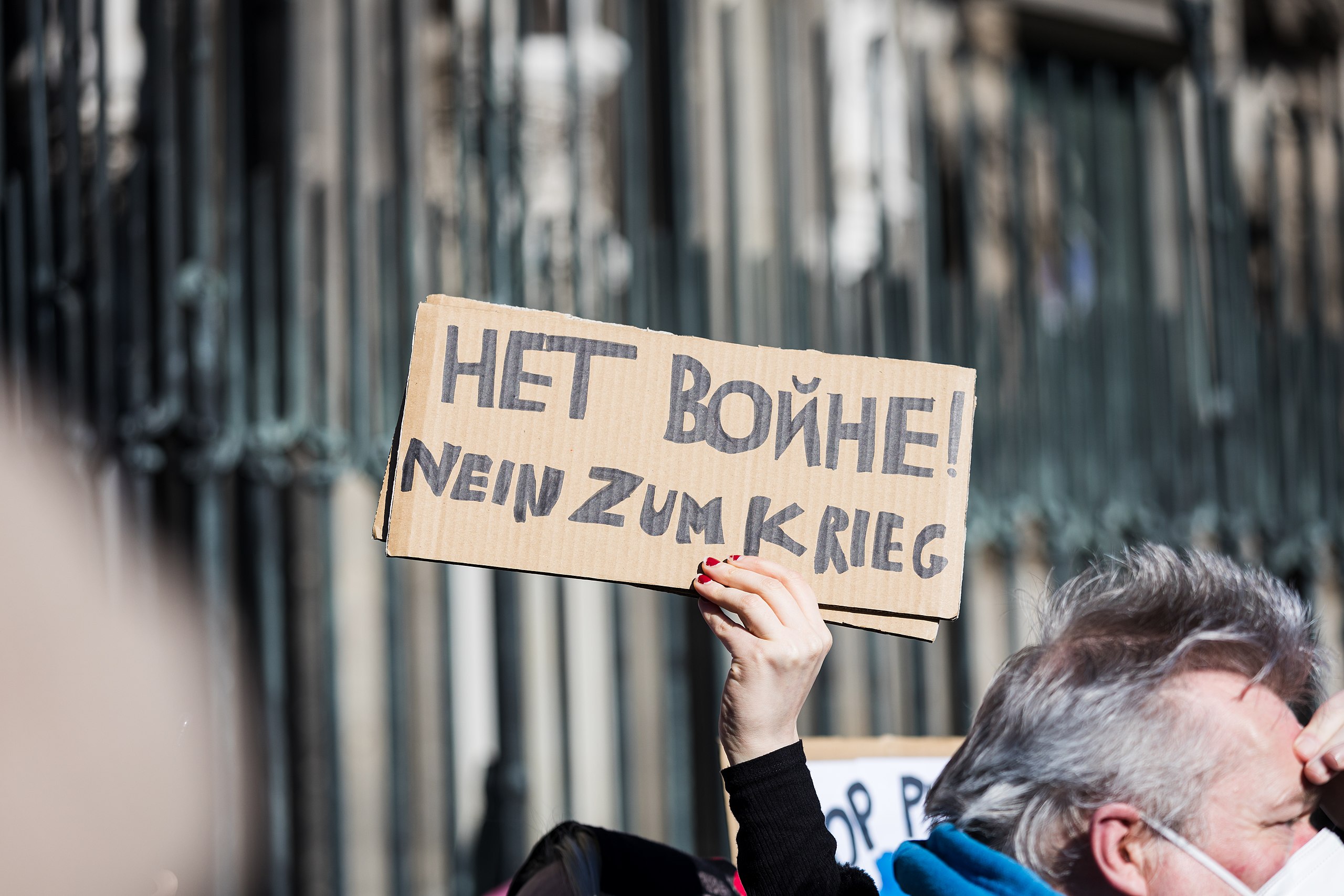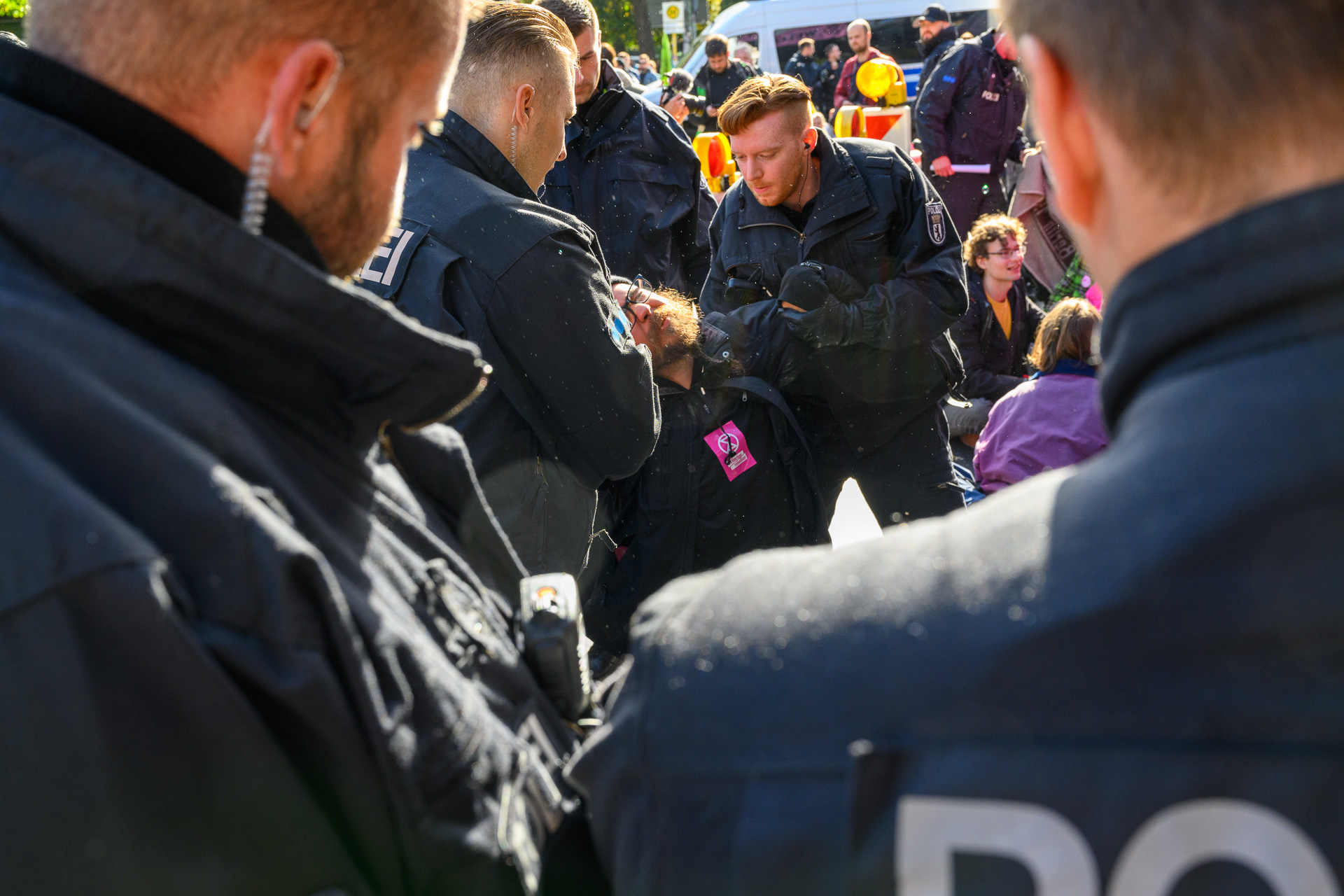Social Movements and Civil Society in Central and Eastern Europe. Historical Legacy and Current Trends
Venue: Polish Academy of Sciences, Institute of Philosophy and Sociology, Nowy Świat 72, 00-330 Warsaw
Date: 12-13 October 2019
Cooperation Partners: The Graduate School for Social Research, Institute of Philosophy and Sociology of Polish Academy of Sciences, Professur Kultur- und Länderstudien Ostmitteleuropas (TU Chemnitz), Fachkommission Wirtschafts- und Sozialwissenschaften (Herder-Forschungsrat), Friedrich-Ebert-Stiftung Warschau
Social movements and civil-society activism have a long tradition in Central and Eastern Europe (CEE). The best example is Solidarność, which can be considered one of Europe’s most influential modern social movements. Despite the important impact that impressive mass mobilization – not only in Poland – had on the end of Communism, since the collapse of the Communist regime, civil societies in CEE have been considered lethargic. There is a smaller number of NGOs than in the so-called Western societies and they have attracted few members. Furthermore, general opinion polls show a population that is reluctant to engage either socially or in nonconventional political activities. However, it has become increasingly clear in recent years that this commonsense perspective on the passivity of civil societies in CEE does not provide a complete picture. This is particularly true when politically controversial decisions lead to mass mobilization on the streets. We could point out here the demonstrations against corruption in Bucharest in January 2017, or the Budapest demonstrations against the closing of the Central European University in April 2017. We could also refer to the anti-government demonstrations that followed the change of government in Poland in 2015. Last but not least, students in East Central Europe also took part in the Fridays for Future demonstrations on a large scale. These are only the most visible signs of recent activism. In the so-called ‘transformation societies’, there are many people involved in activism at the local level and often in informal contexts. However, due to a lack of formal legal organization or simply because of their (right-wing, conservative) political orientation, they have rarely been taken into consideration (such as the PiS-affiliated Kluby Gazety Polskiej or the FIDESZ-affiliated Polgárikörök).
The conference aims to take a closer look at these phenomenona and to offer different empirical perspectives (based on narrative interviews, protest surveys, protest event analysis etc.), not only beyond progressive and formalized movements but also to uncover little explored lines of development, as well as fractures in the engagement of social activism in CEE.
Program: Download (pdf, 619 KB)
Call for Papers: Download (pdf, 1 MB)
Organizers: Piotr Kocyba and Małgorzata Łukianow
Contact: socialmovementsCEE@gmail.com
